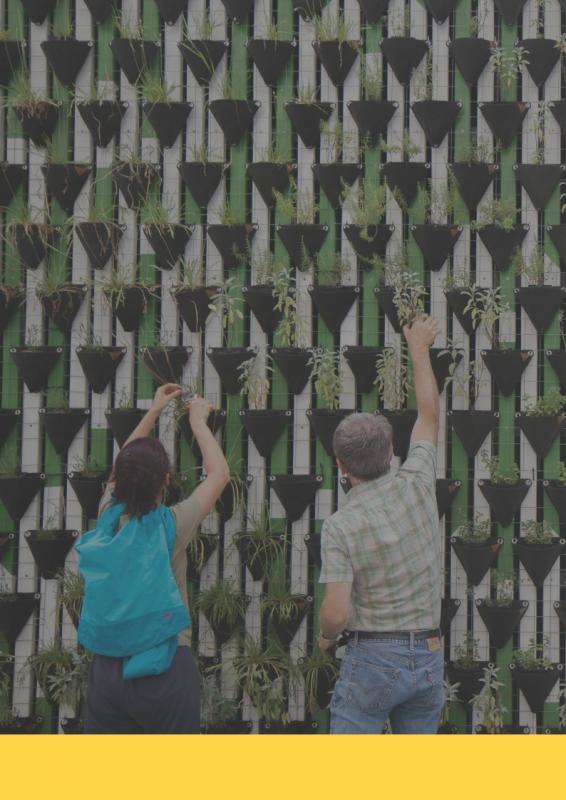
Social + Cultural Aspects of Sustainability and the Built Environment explores the importance of considering the human users of the built environment when searching for sustainable solutions. The course examines social, behavioral and multicultural perspectives related to social sustainability.
In September 2015, world political, religious and thought leaders gathered in New York to adopt an agenda that represented unprecedented global consensus around sustainability. The ensuing 17 Sustainable Development Goals (SDGs) were not merely a continuation of the 8 Millennium Development Goals that preceded this effort, nor did they represent “business as usual” for the design, implementation, and evaluation of programs and strategies to address contemporary global issues. Rather, the SDGs represent a systems-based approach to humanize today’s global grand challenges and do so by placing primacy on the social and cultural dimensions of sustainability. Sustainability has become less about sector-based solutions for a world that divides itself between haves and halve-nots, and more a call to action around leveraging finite resources against the infinite global capacity to innovate, energize, mobilize, and engage an emerging global mindset and behavior-pattern toward “our common future.”
Internationalizing Social + Cultural Aspects of Sustainability and the Built Environment will capitalize on the timeliness and relevance of these new-found dimensions of sustainability paramount to the SDGs by:
→ Integrating emerging principles behind this global shift
→ Highlighting comparative regional case studies that illustrate the inherent power behind engaging social and cultural dimensions of sustainability
→ Grounding the student experience in sustainability literacy by developing skills and communication tools that have global application toward sustainable, systems-based solutions
